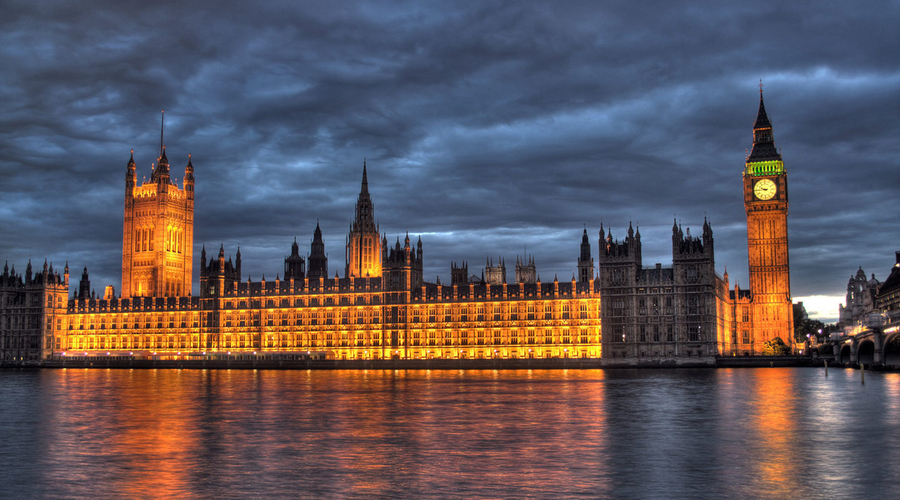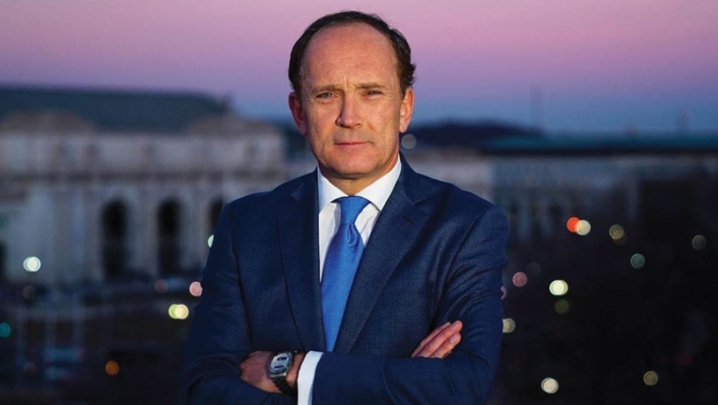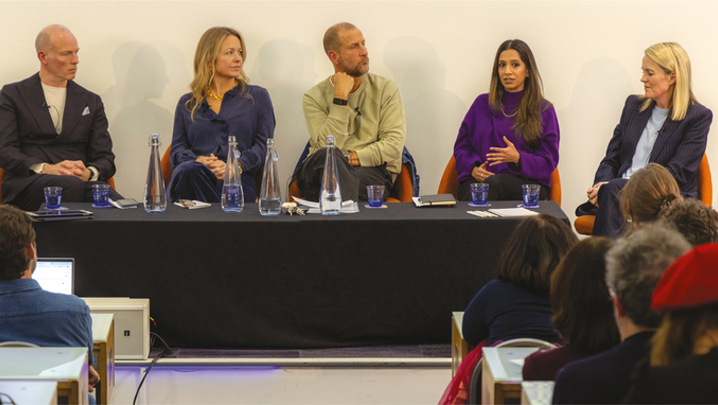New legislation will aim to create a level playing field between the UK’s public service broadcasters and their global rivals such as Netflix and Amazon Prime Video.
The BBC
Last month’s white paper sets out the Government’s vision for the broadcasting sector. It confirmed what the Secretary of State for Culture, Media and Sport, Nadine Dorries, said in January, that the BBC licence fee will be frozen at £159 for two years. It will then rise in line with inflation for four years, to be replaced by a new funding model by 2027. A review will consider what those alternatives could be.
The white paper states: “We need to consider the most fair and appropriate funding mechanism to be introduced at the end of the current Charter period.” It refers to “clear challenges on the horizon to the sustainability of the licence fee” as more households are “choosing not to hold a TV licence, as fewer people choose to watch live TV”.
The BBC must continue to diversify its income streams to become “less reliant” on the fee, it states.
It points out that other countries have changed their PSB funding models, and believes: “We will be able to draw on their experiences.”
The BBC’s commercial borrowing limit is to be increased from £350m to £750m, it states, “to support [it] in accessing capital”.
The paper expresses concern that the licence fee is currently “enforced by criminal sanctions”, which it considers are “increasingly disproportionate and unfair” on women and the elderly.
Channel 4 privatisation
The white paper pledges to find the “right owner” for Channel 4. Private ownership, it says, does not have to be to the detriment of the “public good”. It is not a “binary choice” between commercialisation and public ownership.
It goes on: “The right owner will provide more investment, and support Channel 4’s role in delivering public good.…. The right owner for Channel 4 will be one who shares our ambition for the business and our belief in what makes it special.”
A commercialised Channel 4 will adhere to commitments similar to the present ones, which “will include retaining its remit to provide distinctive, educational, innovative and experimental programming that represents the breadth of society. It will also include equivalent obligations for news and current affairs provision, to show original programmes, and to continue to make programmes outside London and across the UK.”
The white paper adds: “In particular, we will expect a Channel 4 under new ownership to continue working with independent production companies right across the UK.”
Providing Channel 4 with greater access to capital will enable it to invest in content and technology to “think genuinely big in terms of the next evolution of its business model and strategy to help it lead the way in defining ‘what’s next’ in the global TV market”.
The white paper says: “We have the opportunity to make Channel 4 bigger and better without losing what makes it so distinctive. Channel 4 is and will remain a public service broadcaster, just like other successful public service broadcasters – ITV, STV, Channel 5 – that are already privately owned.”
In-house production will be allowed to enable Channel 4 to “diversify its revenue streams… and improve its business resilience”.
There will be a requirement to commission a minimum volume of programming from indies, in line with the 25% quota placed on the other PSBs; Channel 4’s 35% nations and regions quota will be maintained.
The “terms of trade” are to be updated and there will be a review on whether to introduce a revenue cap for “qualifying independent producer” status.
Privatising Channel 4 will lessen the burden on the public purse, it argues. “Easing these constraints within public ownership could lead to increased public sector net debt and risk to the Government and, ultimately, the taxpayer, if Channel 4 could not service additional debt or its financial position deteriorated.”
Some of the proceeds of the broadcaster’s sale will be used to set up a “creative dividend” for the sector. The Government “intends to legislate [on Channel 4’s privatisation] as soon as the parliamentary timetable allows.”
PSB reform
The “complicated and outdated” set of requirements governing the PSBs is to be ended in favour of a simplified set of objectives and greater flexibility to deliver them digitally.
The aim is to help the BBC, ITV, Channel 4 and Channel 5 compete with their global rivals as competition for viewers and revenue intensifies.
The 14 “overlapping” requirements that govern the PSBs and the specific commitments for each broadcaster are to be scrapped.
There will be a new focus on creating distinctive shows that reflect British culture, supporting domestic production and providing impartial and accurate news.
PSBs will be able to deliver their obligations via platforms such as the BBC iPlayer and ITV Hub, instead of only via their main channels, as is currently the case.
The new remit may also include requirements for the PSBs to commission “distinctively British” programming, following consultation.
The DCMS wants to ensure that the PSBs continue to deliver shows such as Doctor Who, I May Destroy You, The Great British Bake Off, Top Gear, Luther, Downton Abbey and Planet Earth – internationally successful shows and ones that reflect modern Britain.
There is increasing concern over the globalisation of broadcasting. A growing number of shows are set in non-specific, or non-UK locations featuring international casts speaking US English. PSB output must be distinguishable from foreign shows. There must be no reduction in British soft power abroad.
New rules on PSB prominence
PSB content is to be given prominence on connected devices and major online platforms, including smart-TVs and set-top boxes, including BBC iPlayer, ITV Hub, All 4 and My 5. Ofcom will have powers to enforce the prominence environment. Those who don’t obey can be fined.
New rules for SVoDs
For the first time, streaming services are to be regulated by Ofcom, bringing them in line with traditional broadcasters. The aim is to protect audiences from harmful material, and for the likes of Netflix and Amazon Prime to adhere to rules on accuracy, fairness and privacy.
The maximum fine for regulated VoD services that break the rules will be £250,000, or an amount up to 5% of an organisation’s revenue, whichever is higher.
Ofcom is to draft the new code.
Sports rights
There are plans to change the digital broadcast rights for key sporting events such as the Olympics, men’s World Cup finals, the FA Cup final, the Grand National and Wimbledon singles finals.
Broadcasting rules state that events of national interest should be available to view live, and free-to-air, but the current legislation does not cover digital rights so PSBs do not always have catch-up rights for so-called “listed events”.
So, for example, if the Olympic men’s 100m final took place overnight and a different broadcaster owned the catch-up rights, a wide audience might miss out on watching it free.
The aim appears to be to mitigate the situation that arose at last year’s Tokyo Olympics, where there were complains that the BBC was unable to provide the kind of comprehensive coverage available on the pay channel Eurosport.
Report by Steve Clarke.







